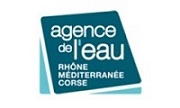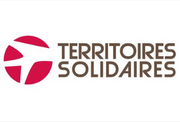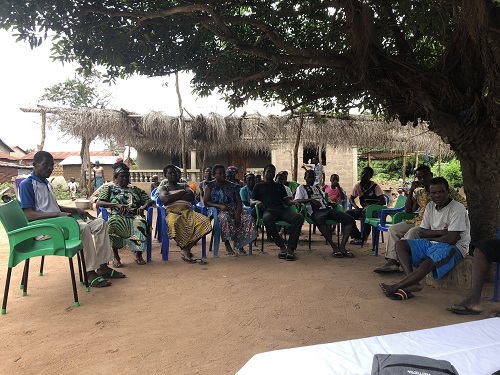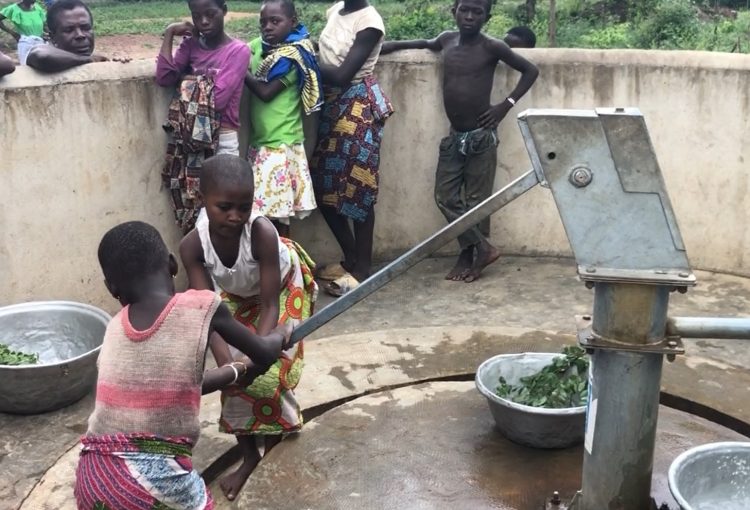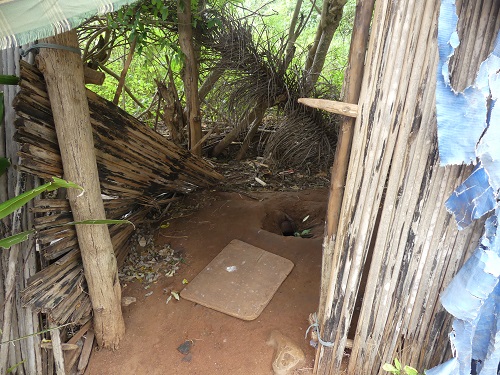Togo - Canton of Notsè
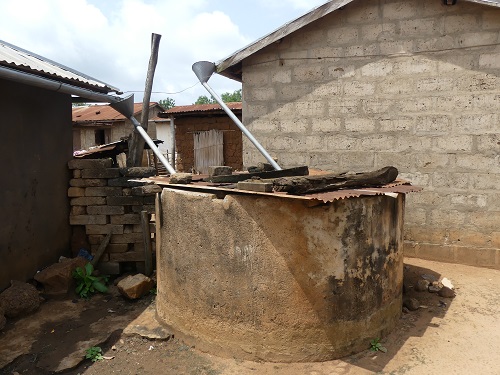
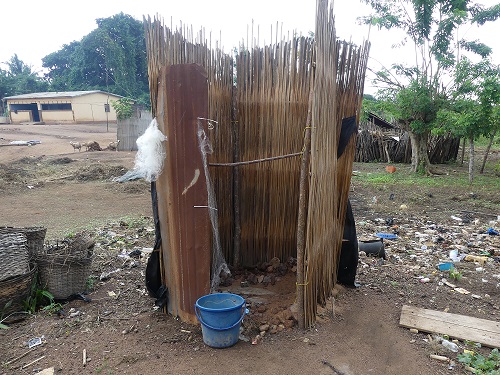
Access to drinking water in the village of Agotové, where there is neither water nor electricity.
Following an in-depth diagnosis carried out in August 2023, we identified the village of Agotové as the best place to ensure the long-term use and maintenance of our solutions, and to replicate the project on a larger scale in other villages.
Agotové, a timeless village
This village of around 900 inhabitants, several kilometers from Notsé via a track, is the most deprived of the villages we visited. This is a village where there is very little rural exodus, even among the young. There's no running water, no electricity, no latrines and no health center. Water from the distant river "decants" before being consumed without filtration or modern chlorination, causing diarrhoea, cholera and dysentery.
Of the 3 boreholes drilled, only one is functional (PMH, human-powered pump), and the water table is increasingly dry.
The very first borehole dates back to 1985 and has dried up. The latest borehole has been drilled, but has not yet been pumped and is quite a long way from the consumption areas. There are no watercourses near the village either.
Here, fetching water is a chore, usually done by teachers and schoolchildren every day before going to school. What's more, some inhabitants of the surrounding villages also use the only operational water point.
The village has 8 classrooms representing around 400 pupils.
In terms of sanitation, DAL accounts for 100% of usage. There are no latrines, either family or collective. Inhabitants unanimously wish to have ECOSAN-type latrines for groups of 5/6 neighbors, rather than collective latrines.
A vital project in 5 stages
The plan is to deploy more Atmospheric Water Generators, each producing 30 liters of water a day, on a larger scale, based on a photovoltaic energy system.
Step 1 : Hygiene awareness
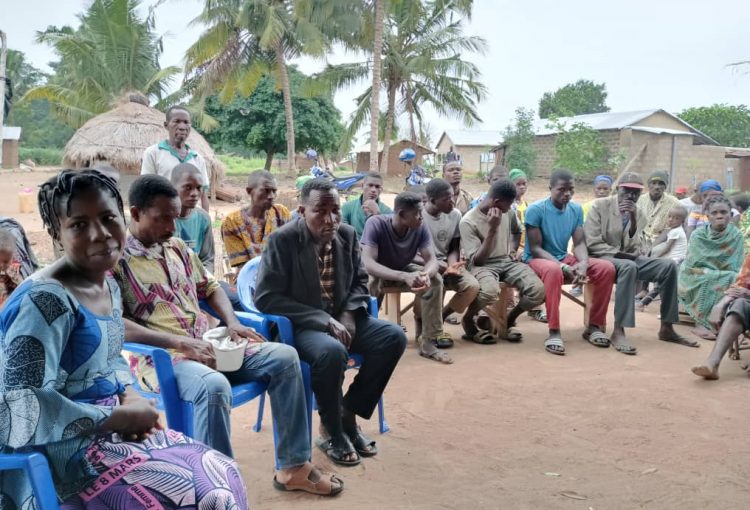
Step 2 : Consultation with villagers to choose latrine locations
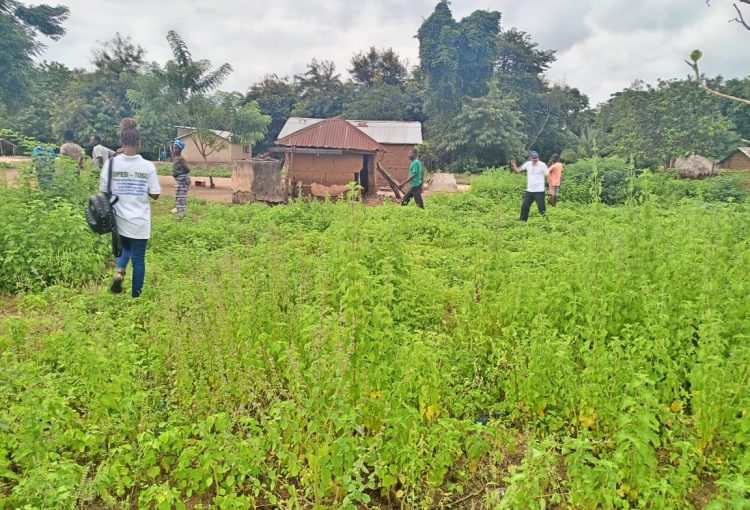
Step 3 : Construction of the first latrines

Step 4 : Installation of 4 Atmospheric water generators in the AMAKPAPE, DALIA, KLOEGNAME and ATCHAVE health centers.

Step 5 : 5 new Atmospheric Water Generators in the Agotové school, operating independently thanks to a photovoltaic system financed by the Group. Airdrink and the department 13.


COMING SOON!
Study of a more ambitious project in the village > 15 additional latrines and an Atmospheric Water Generator, with a production capacity up to 500 liters per daypowered by photovoltaic panels. This installation would eliminate the need to fetch water from the existing hand-pumped borehole (PMH), which is often dry and polluted with nitrates, and whose water quality is subject to very little analysis.
THEY SUPPORT US


